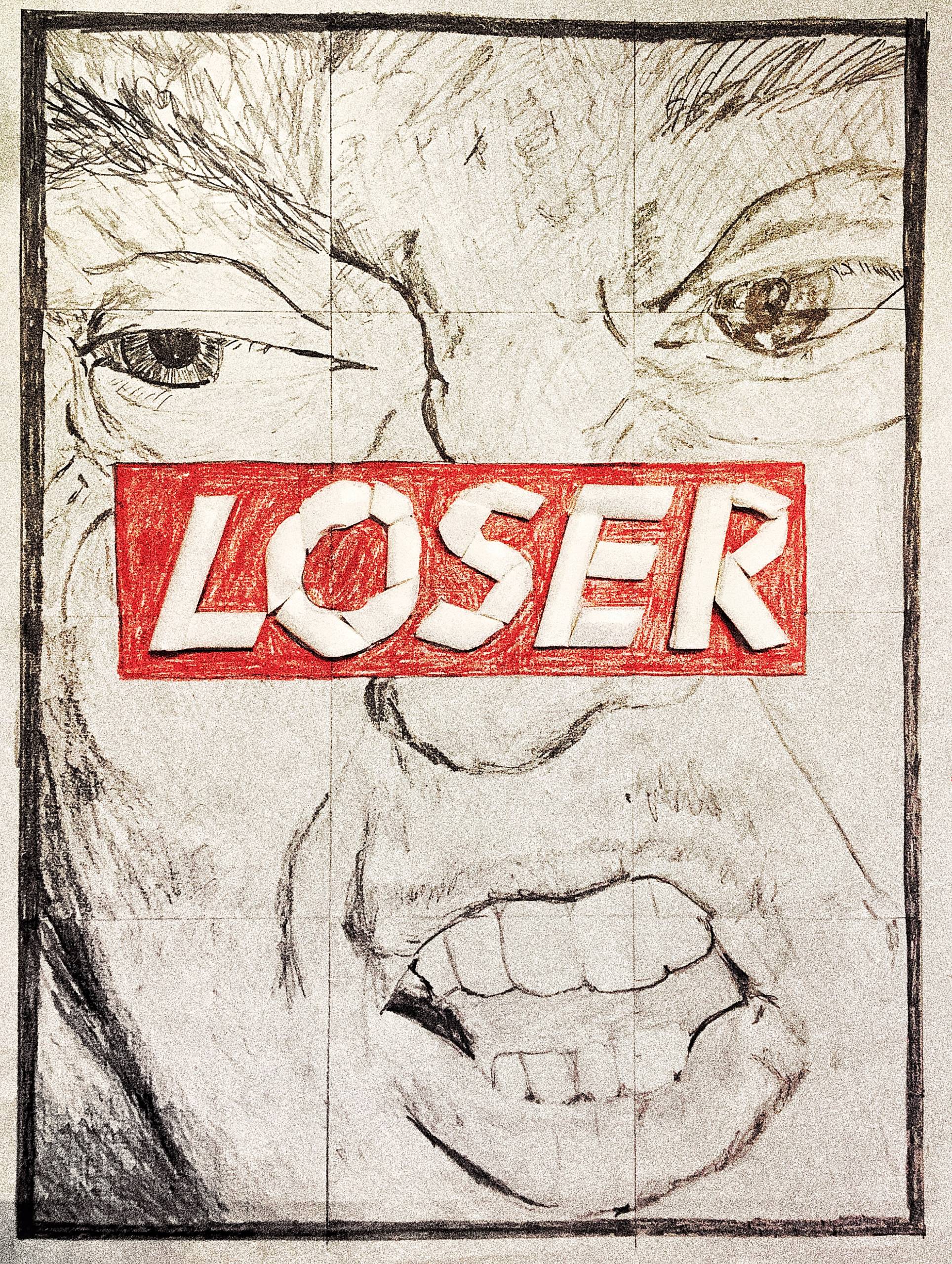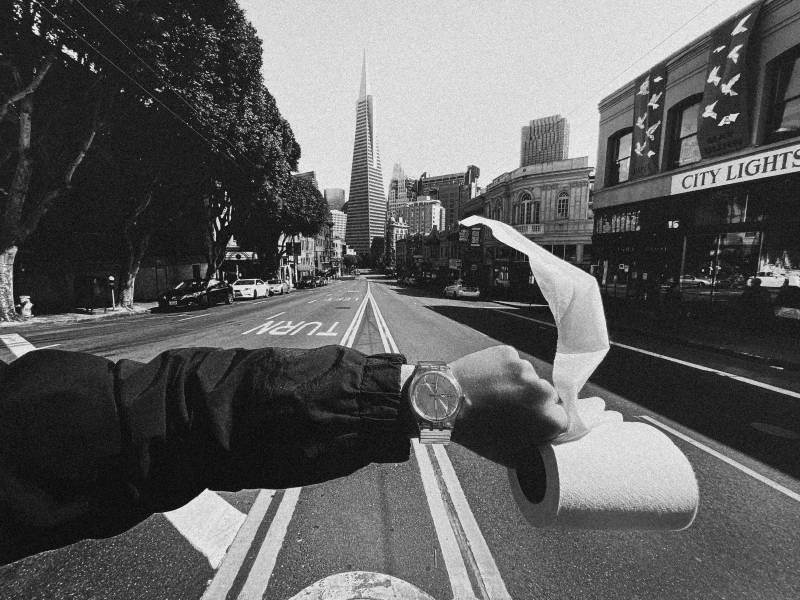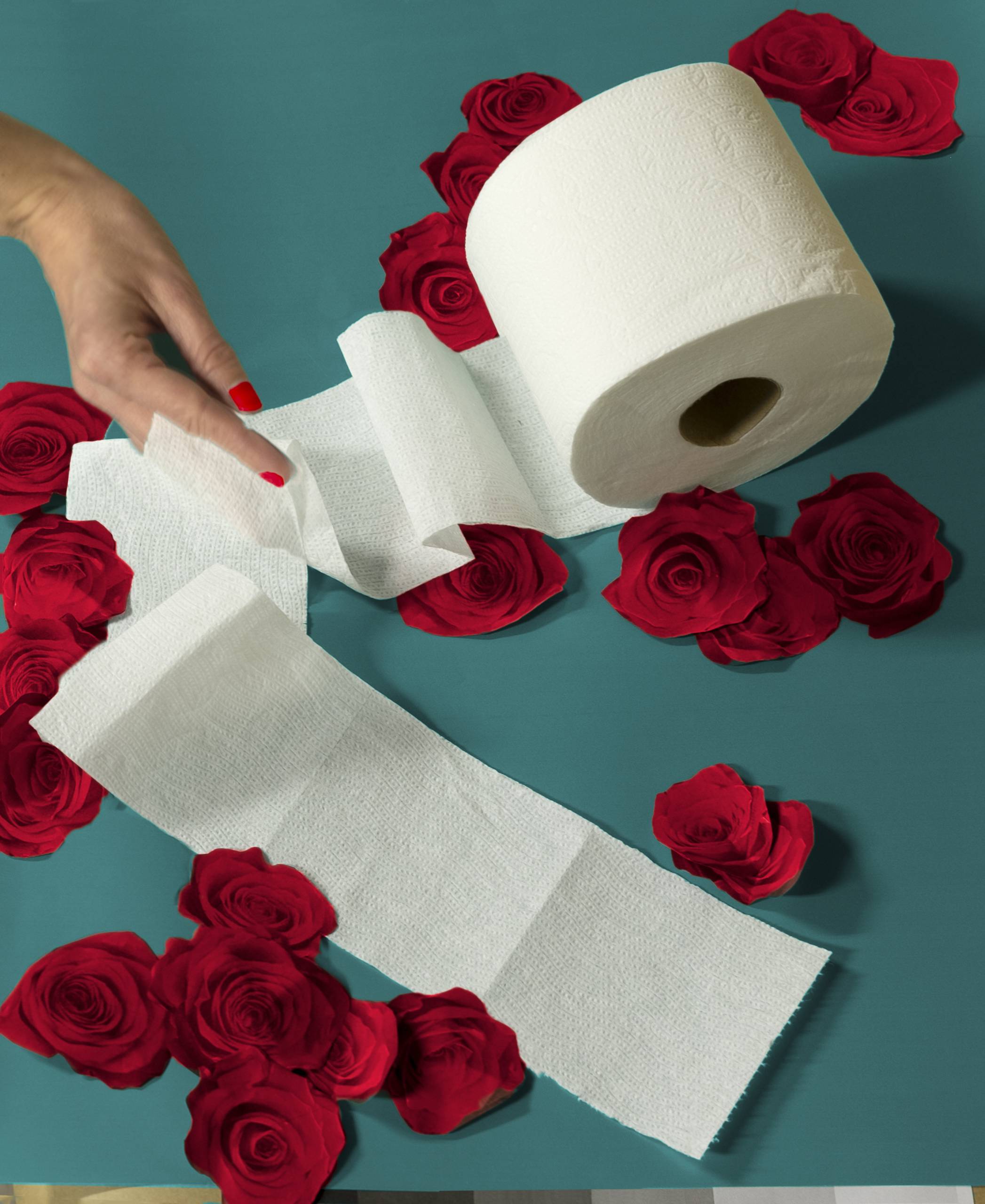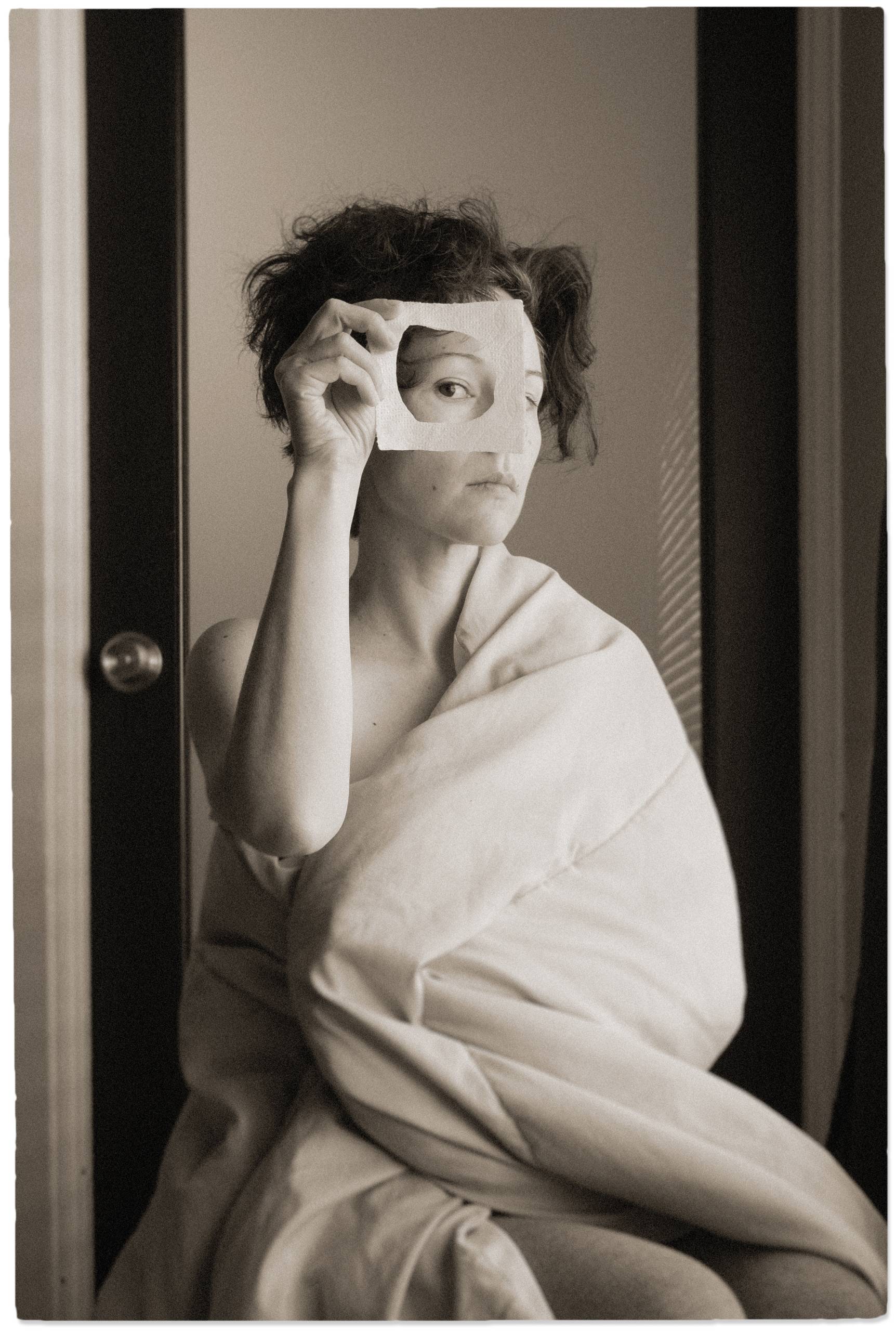I was scrolling Instagram as I worked on the first draft of this review (don’t judge) when a post from @vodkalana presented itself as the (chef’s kiss) perfect introduction. In one shared meme, she summarized quarantine and its after-effects: “Joe Exotic, banana bread, and fist fights over toilet paper.”
Thankfully, we’re well past that final phase. While the supply-chain issues aren’t completely resolved, we’re closer to life before the pandemic than we ever have been. Moving forward, though, may require that we take deeper stock of the earliest worry-filled pandemic days.
The latest exhibition at Noe Valley’s Chung 24 Gallery presents the work of four Bay Area artists who navigated that fraught moment through humor, mutual support and creative challenges responding to the history of photography.

Rolls and Tubes Collective — Christy McDonald, Colleen Mullins, Jenny Sampson and Nicole White — started as a monthly critique group in early 2020. After one in-person meeting, the group pivoted to virtual gatherings and, given the quarantine context, struggled to produce meaningful work. One member posed a challenge: using toilet paper, recreate any image from the history of photography in two hours. The prompt supplied the artists with purpose and unanticipated joy, two forces that many of us gravely struggled to muster as the weeks and months dragged on.
The exhibition’s title, A History of Photography, may set audience expectations of seeing black-and-white photographs reinterpreted. While the bulk of the compositions fall into that category, pieces recalling significant color images are also present. If curious about the source material, visitors are invited to scan QR codes provided by gallerist Diane Chung that link to the 31 exhibited photographs, which cover the medium’s sprawling 184-year history. It’s an elegant, context-setting solution. Rolls and Tubes Collective’s unique compositions stand on their own creative ground, without burdensome side-by-side comparisons.





